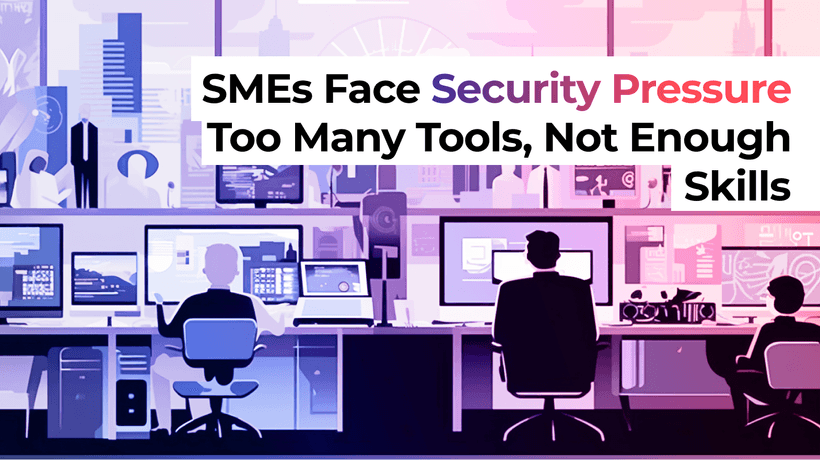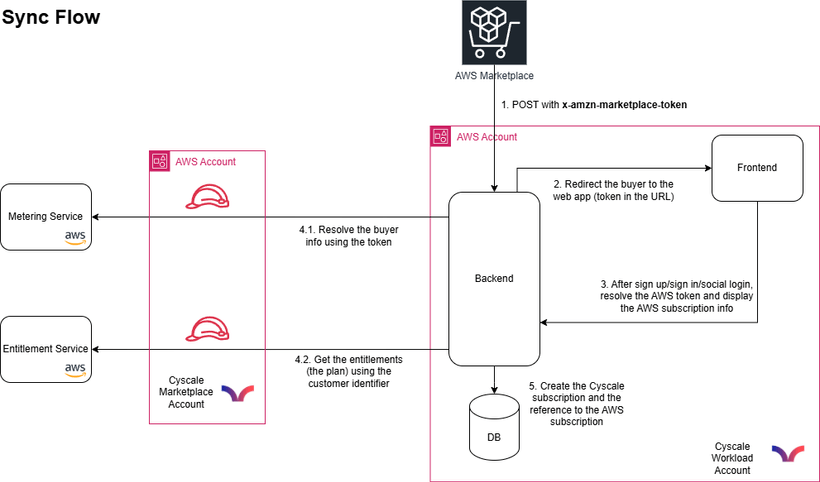How Alert Fatigue Adds to the Pressure on Cybersecurity Teams
CPO and Co-founder at Cyscale
Friday, May 19, 2023

In the fast-paced world of cybersecurity, where threats lurk around every corner, the pressure on cybersecurity teams is immense. They are the defenders, the guardians of our digital fortresses. However, as much as we rely on these experts to keep us safe, we must also acknowledge the pressure on their demanding roles. One particular challenge that exacerbates this pressure is alert fatigue. In this article, we'll explore the impact of alert fatigue on cybersecurity teams.
The Cloud Security Manager's Struggle
Meet Anna, a cloud security manager who works tirelessly alongside infrastructure teams to ensure the security of their organization's cloud environment. Anna's team is using several security services offered by their cloud provider, designed to detect and notify them of potential vulnerabilities and cloud misconfigurations. However, this seemingly invaluable tool comes with its own set of challenges.
The False Positive Conundrum
One of the frustrations Anna encounters is the influx of false positives generated by all the security services they use. Imagine her having to provide an auditor with a report showcasing hundreds of errors in bold red, when not all of them are truly relevant to the organization's security posture. It can be a daunting and time-consuming task to sift through the noise and identify the true threats that require immediate attention. This constant barrage of false positives can quickly lead to alert fatigue.
Relevance Matters
Not all alerts are created equal, and Anna understands this all too well. Different teams within an organization have varying responsibilities, and therefore, their focus areas differ. For instance, a developer may not be interested in an alert regarding rotating keys, as this falls within the purview of infrastructure or security teams. On the other hand, an alert about a database vulnerability would definitely catch the developer's attention, if they were the ones responsible for its maintenance and security. Tailoring alerts to each team's specific needs and priorities is crucial to avoid overwhelming individuals and contributing to alert fatigue.
The Weight of Alert Fatigue
Alert fatigue is a real phenomenon that cybersecurity teams experience on a regular basis. The constant flood of alerts, false positives, and non-contextual information can be overwhelming. Anna aptly describes the feeling when she says, "When you see so many alerts, you freak out for a second." It's a moment of panic, a sense of being buried under an avalanche of warnings, all of which demand attention. The strain it puts on cybersecurity teams can be immense, leading to increased stress levels and reduced overall efficiency.
Contextual Analysis to the Rescue
Fortunately, there is light at the end of the tunnel for cybersecurity teams like Anna's. Innovative solutions, such as contextual analysis tools, are emerging to address the challenges of alert fatigue. These tools leverage advanced algorithms to analyze and prioritize alerts based on contextual information, allowing teams to focus their attention on the issues with the highest impact on their organization's security posture. Contextual analysis helps filter out false positives and, together with the ability to tailor alerts to the relevant stakeholder, this helps alleviate alert fatigue and enables teams to work more effectively.
The pressure on cybersecurity teams is intense, and alert fatigue adds an extra layer of stress to their already demanding roles. Acknowledging the real impact of alert fatigue is crucial, as it allows us to seek out solutions that can alleviate this burden. With contextual analysis tools we can empower cybersecurity teams to navigate the sea of alerts more efficiently. By reducing false positives, tailoring alerts to specific teams, and prioritizing the most critical issues, we can help alleviate alert fatigue and support our cybersecurity heroes in their mission to keep our digital world safe.
CPO and Co-founder at Cyscale
Manuela directs product development at Cyscale with an emphasis on customer needs and cybersecurity best practices. As CPO, her role is pivotal in ensuring that Cyscale’s solutions not only meet market demands but are also infused with robust security measures to support the company's commitment to safe, compliant growth.
Further reading
Cloud Storage
Misconfigurations
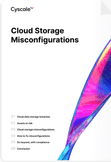
Build and maintain a strong
Security Program from the start.
Cloud Compliance in
2025: An In-Depth Guide
The whitepaper talks about ISO 27001, SOC 2, PCI-DSS, GDPR, HIPAA.
Download WhitepaperShare this article
Stay Connected
Receive our latest blog posts and product updates.
TOP ARTICLES
Product
Our Compliance toolbox
Check out our compliance platform for cloud-native and cloud-first organizations:
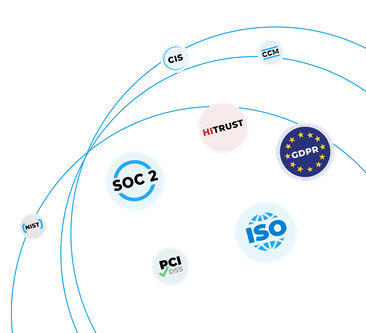
LATEST ARTICLES
What we’re up to
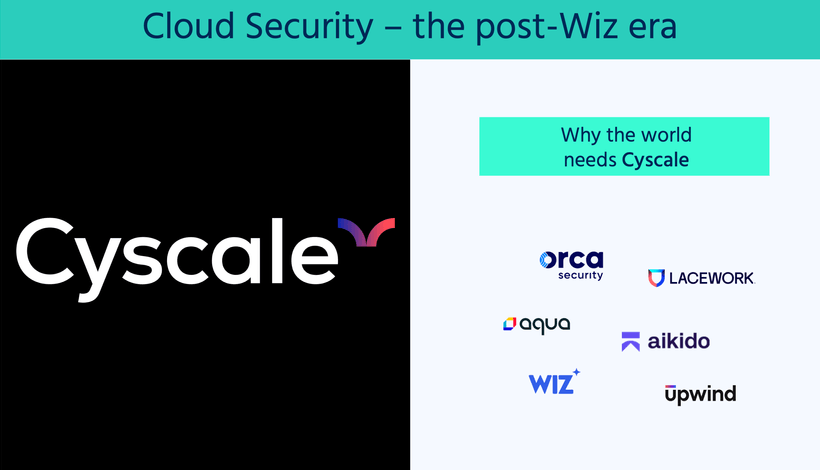
Why the world needs Cyscale in a post-Wiz era
